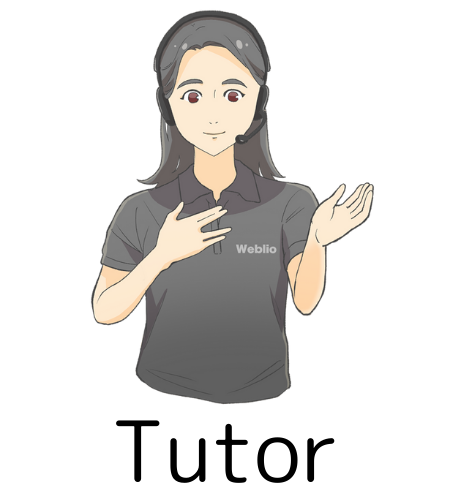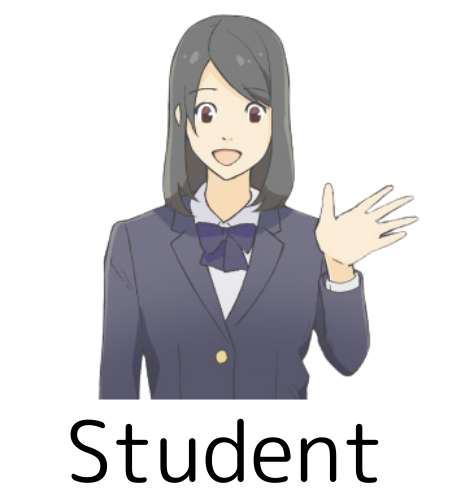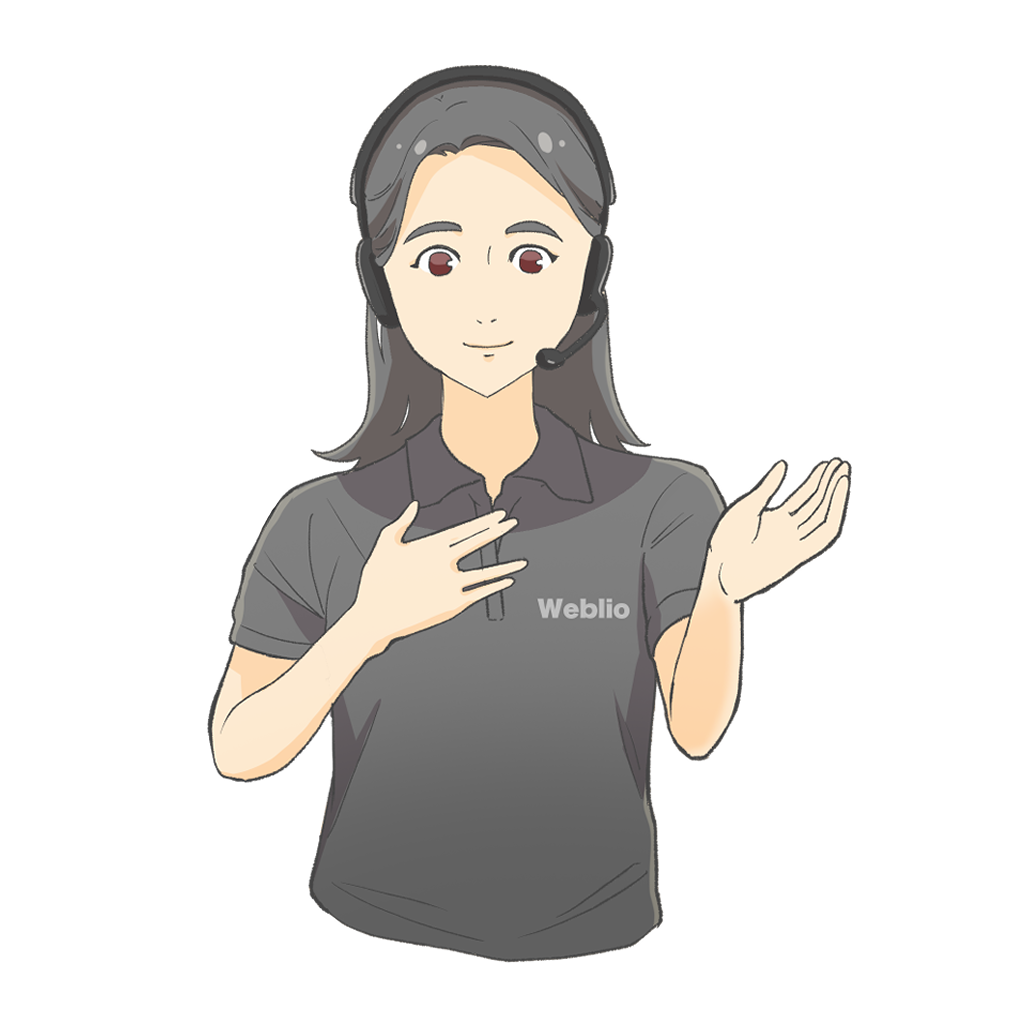Part A Advanced icebreak
Answer questions about things you have experienced recently.
Part A_1 Advanced icebreak
Let’s introduce ourselves to each other.
My name is ________. What is your name?
Part A_2 Advanced icebreak
I am ________. Nice to meet you.
Part A_3 Advanced icebreak
Nice to meet you too, ________. Let’s have advanced icebreaker questions!
Part A_4 Advanced icebreak
Please choose one topic below and I will ask you some questions.
Part A_5 Advanced icebreak
| 1. |
Excitement |
| 2. |
Sadness |
| 3. |
A “thank you” moment |
Part A_6 Advanced icebreak
Please answer each question about the topic you chose.
| 1. |
What did you/he/she/they do? |
| 2. |
Who did it? |
| 3. |
When was it? |
| 4. |
Where was it? |
| 5. |
Why did you/he/she/they do that? |
| 6. |
How was it? |
Part A_7 Advanced icebreak
Part A_8 Advanced icebreak
Awesome! Now, you will organize the points and tell me your story once more. If the question is not applicable, you may skip it.
Part A_9 Advanced icebreak
include these points: (What / Who / When / Where / Why / How)
Part A_10 Advanced icebreak
That was wonderful! Now, let us begin our lesson!
Part B Reading
Read sentences and check your pronunciation. Make sure you understand the content.
First, I will read the passage aloud. Please listen carefully.
Equality for All
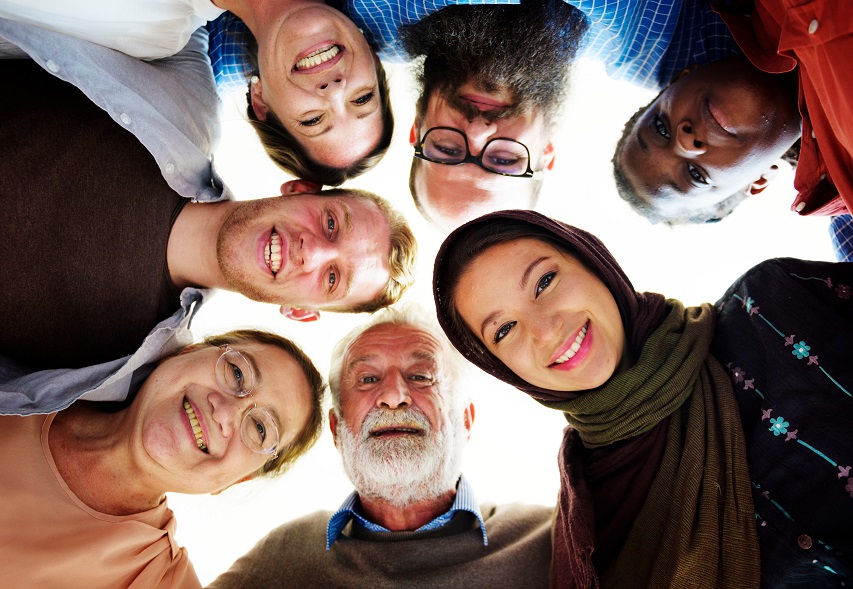
Equality means that everyone has an equal opportunity to do what they need in their lives. It is divided into religious, social, economic, and gender equality.
Gender inequality is a serious problem in many countries worldwide.
In terms of social inequality, 80 percent of the one billion disabled people live in developing countries. And only some people who need special assistance can receive disability benefits.
Equality is essential for human peace in any society or nation.
【ヒント:日本語訳】
平等とは、だれもが自分の人生に必要なことをする平等な機会が与えられていることです。
平等は宗教的、社会的、経済的、そして男女平等に分けられます。
性差の不平等は、世界の多くの国で深刻な問題です。
社会的不平等という点では、10億人の障がい者のうち80%が発展途上国に住んでいます。そして、特別な支援を必要とする一部の人たちだけが障がい者手当を受けています。
どのような社会、国においても、人間の平和のためには平等が不可欠です。
Part B_3 Reading comprehension Q&A
Now, you will answer questions based on the passage. I will check if your sentences are complete and if your grammar is correct.
(Please send the correct answers to your student.)
Part B_4 Reading comprehension Q&A
| 1. |
What does equality mean? |
Part B_5 Reading comprehension Q&A
Part B_6 Reading comprehension Q&A
| 2. |
What kind of inequality problem is serious in many countries worldwide? |
Part B_7 Reading comprehension Q&A
Part B_8 Reading comprehension Q&A
You did a great job answering the questions! Now, let’s review your answers.
(Please review your student’s answers by sending the correct answers in complete sentences. After that, ask your student to read aloud his or her corrected answers.)
Part B_9 Reading comprehension Q&A
Now, you will read the passage below. I will check your pronunciation and intonation.
(Please send the mispronounced words and expressions that need improvements to your student.)
Equality for All

Equality means that everyone has an equal opportunity to do what they need in their lives. It is divided into religious, social, economic, and gender equality.
Gender inequality is a serious problem in many countries worldwide.
In terms of social inequality, 80 percent of the one billion disabled people live in developing countries. And only some people who need special assistance can receive disability benefits.
Equality is essential for human peace in any society or nation.
That was great! Now, let’s review some words and expressions from part B_11
(Please review the mispronounced words and expressions from part B_11.)
Part C Vocabulary
Let’s check the meaning and pronunciation of English words.
We’ll read aloud the words below. Please repeat after me. I will check your pronunciation.
(Please send the mispronounced words and expressions to your student.)
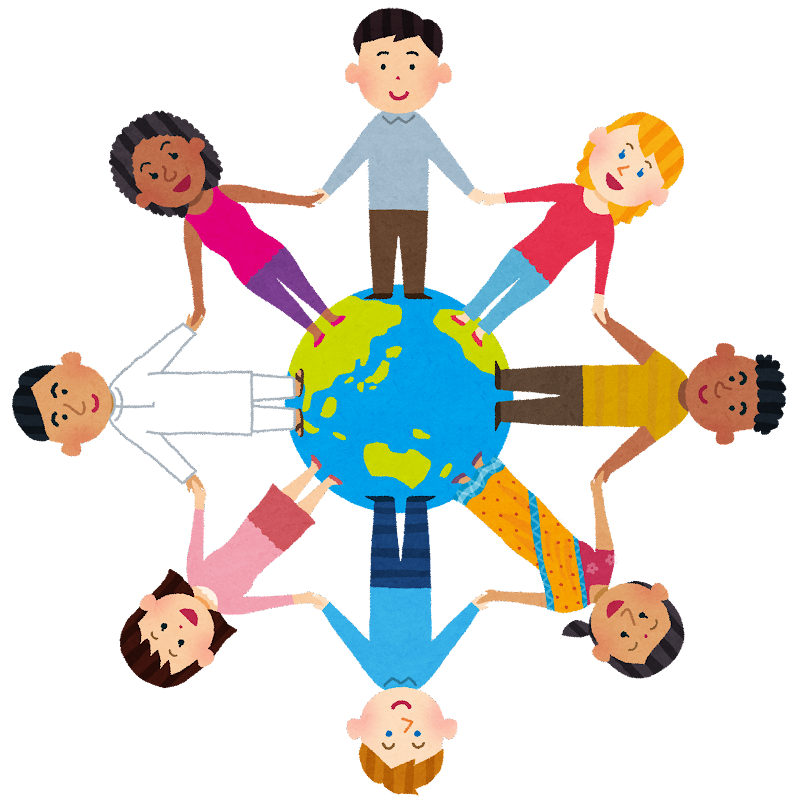
|
opportunity
ὰpɚt(j)úːnəṭi
機会
|
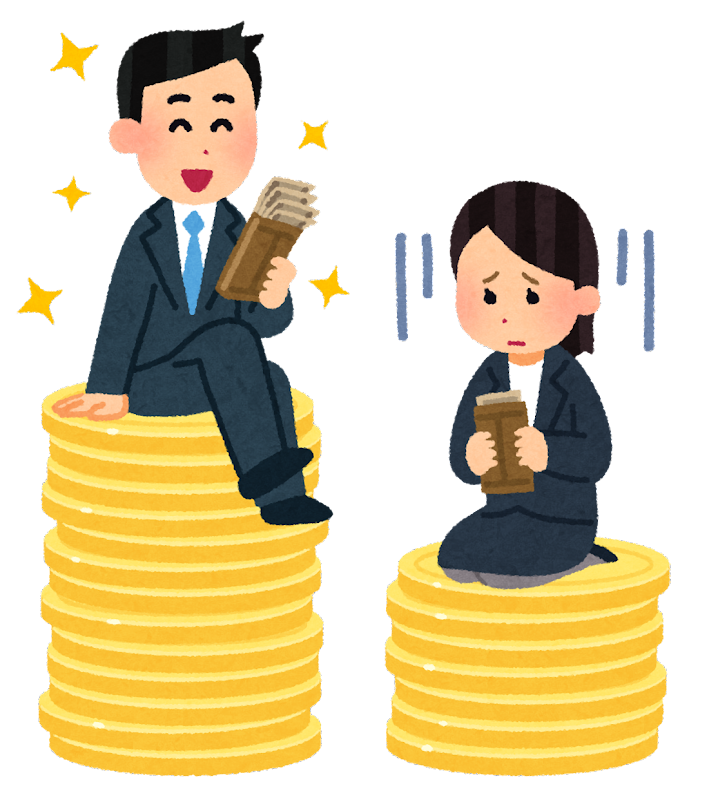
|
inequality
ìnɪkwάləṭi
不平等
|

|
disabled
dɪˈsebʌld
障がいのある
|
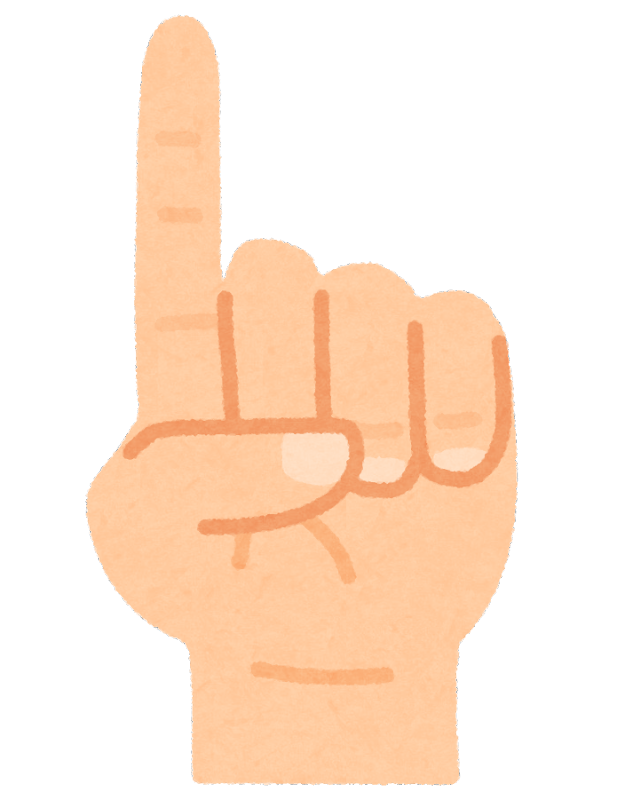
|
in terms of …
iːn / tɜːmz / (ə)v
…に関して、…の点から
|
|
|
essential
esénʃəl
不可欠な
|
Now, let’s review some words from part C_2.
(Please review the mispronounced words and expressions from part C_2.)
Part D Q&A
Express your opinions, assumptions, and experiences.
I will ask you the questions below. I will check if your sentences are complete and if your grammar is correct.
(Please send the mispronounced words and expressions to your student.)

| 1. |
In your opinion, why is equality important? |
| 2. |
If your salary were lower than others because of your nationality or gender, how would you feel? |
salary 給料
| 3. |
Have you ever experienced inequality?
If so, could you tell me what happened?
If not, have you ever seen any inequality problems on the Internet or on TV news? |
You answered the questions very well! Now, let’s review your answers.
(Please review your student’s answers by sending the correct answers in complete sentences. After that, ask your student to read aloud his or her corrected answers.)
Part E Picture description
Describe the picture in complete sentences.
Part E_1 Picture description
Look at the picture below. Please describe it in as much detail as you can. I will check if your sentences are complete and if your grammar is correct.
Part E_2 Picture description
Part E_3 Picture description
You described the picture wonderfully! Now, let’s review your answers.
(Please review your student’s answers by sending the correct answers in complete sentences. After that, ask your student to read aloud his or her corrected answers.)
Part E_4 Picture description
Part F Role play
Talk about the following situations.
Let’s do a role play with the given situations. You should mention the items below during the conversation.

| Situation 1: |
You are talking with your friend about educational inequality. Tell him/her your opinion.
(Your tutor will pretend to be your friend.)
|
| Items to mention: |
– what you think about not having the right to education because of gender or where you were born
– what kind of job will they have in the future if children are not educated
– imagine if you didn’t have the right to education
|

| Situation 2: |
You will give a presentation on the importance of equality in society. Present it to your classmates.
(Your tutor will pretend to be one of your classmates.)
|
| Items to mention: |
– what equality means
– inequality problems you know
– equality is essential for human peace
|
Your answers were fantastic! Now, let’s review your answers.
(Please review your student’s answers by sending the correct answers in complete sentences. After that, ask your student to read aloud his or her corrected answers.)
Part G Challenge part
Answer more challenging questions freely.
I will ask you the questions below. I will check if your sentences are complete and if your grammar is correct.
| Tell me about unfair situations in your daily life.
|
| 1. |
Have you ever been in a situation where you felt it was unfair?
Example: because of your age, economic inequality, etc. |
| 2. |
How do you deal with unfair situations? |
unfair 不公平な、不当な
| Tell me what you think about employment inequality.
|
| 1. |
What job do you want to have in the future? Is the job equal for men and women?
|
| 2. |
How would you feel if you couldn’t have a certain job because of your gender or nationality? |
Part H Tips for future practice
Give tips for a practice after the lesson.
Part H_1 Tips for future practice
Please keep these things in mind after the lesson and practice!
Part H_2 Tips for future practice
1日の終わりに今日の出来事をつぶやいてみよう。
たくさん話すためには?
■ いつ、誰とどこで何をしたのか伝えよう。
■ それをしてどう感じたか、なんでそう感じたのかも伝えるよう意識しよう。
例)
I took an online lesson with Ellen at my house today.
(what/who/where/when)
It was fun to talk with Ellen because her hobby was the same as mine.
(how/why)
